Colon Cancer
Blood in Stools
9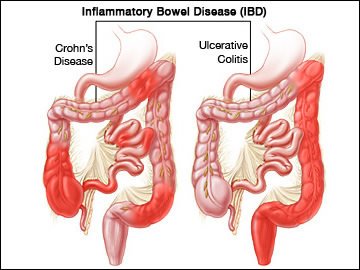
If you find blood on, or mixed in with your stools, then this could be sign that you have bowel cancer. The blood may be dark, or bright red, and mixed with mucus. Once you see your doctor, they will send off a stool sample for a laboratory analysis called a fecal occult blood test.
Changes in Stools
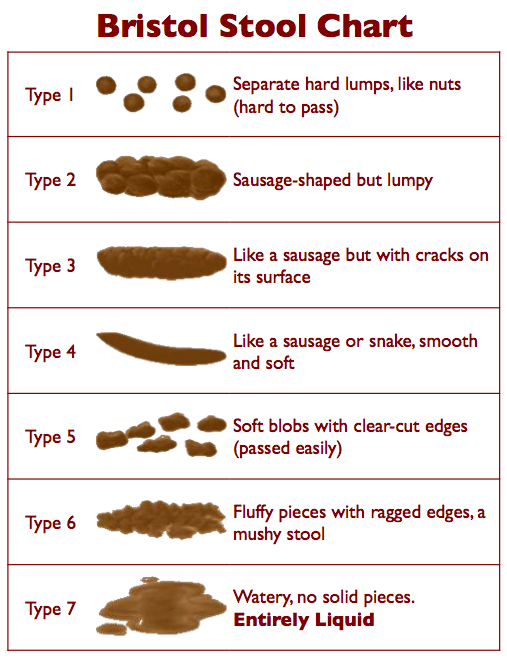
If you notice that your stools are very dark in color, or even maroon, and sticky, then this could be caused by bleeding due to bowel cancer. You may experience normal bowel movements in between these stools. You may also notice your stools becoming very narrow or ribbon-like, and the stool may only be as wide in diameter as a pen.
Rectal Bleeding
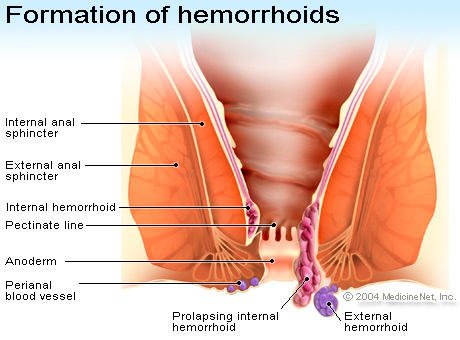
According to an article published in the July 2009 issue of “BMC Medicine: “Bleeding from the rectum occurs in more than half of people with colon cancer.” The blood is usually bright red and it may be found in the toilet bowl water or on the toilet paper. The blood may come after a painful bowel movement.
Trouble Passing Stool
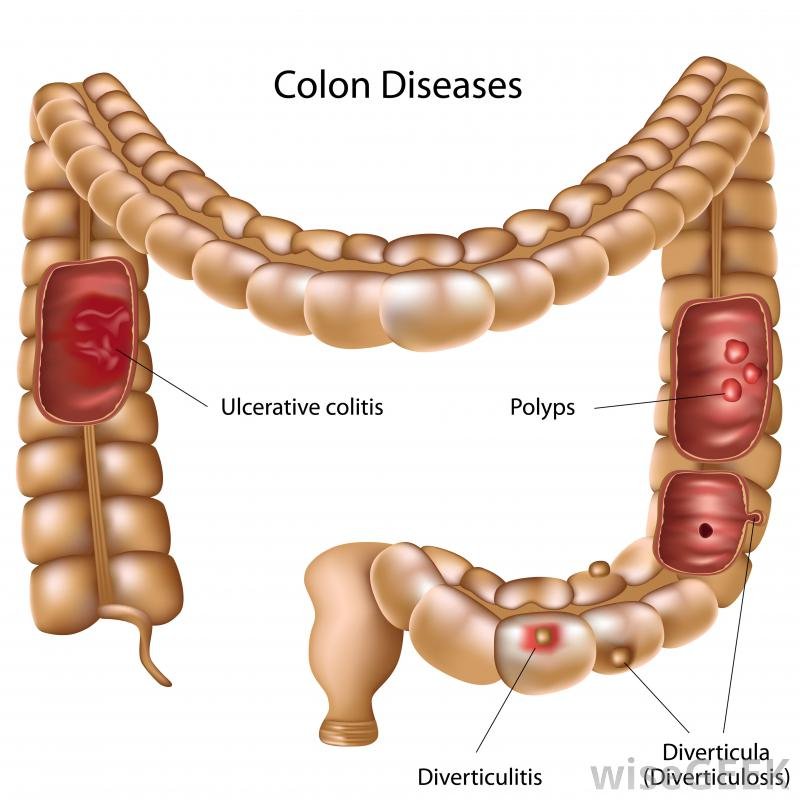
Changes in passing of stools is a symptom of bowel cancer. You may experience a feeling of not completely passing a stool or you may feel the urgent need to have a bowel movement, and then you realize that there is no stool to be passed.
Anaemia
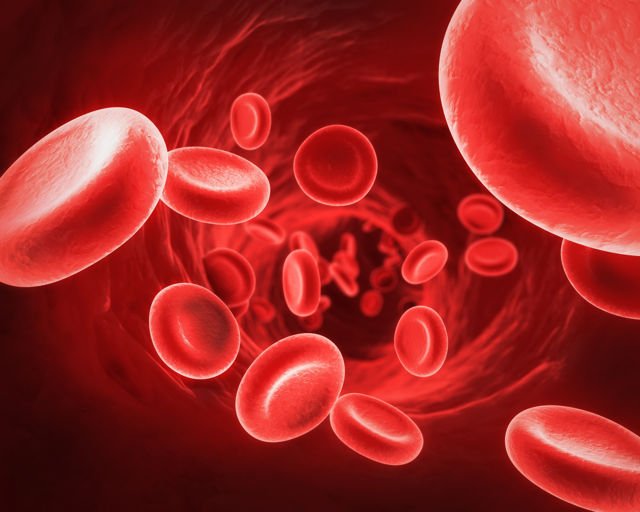
The blood that is lost from bowel cancer can cause anemia, which is a shortage of red blood cells in the blood. The symptoms of anemia are feeling tired a lot of the time, weak, and short of breath. Your skin may also look pale.
Abdominal Pain
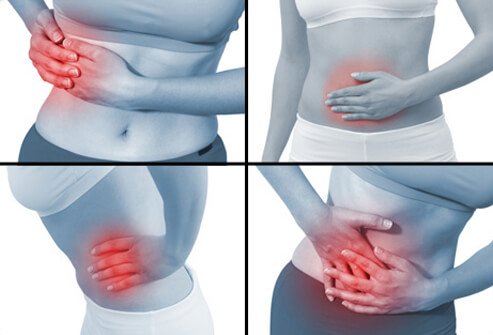
A certain amount of abdominal discomfort is normal experience at times. However, if you suffer from gas, cramping and bloating a lot of the time, then you could be more likely to develop bowel cancer. It is best to see your doctor about your concerns.
Weight Loss

Bowel cancer can result in weight loss even if you are eating normally. Alternatively, you may experience complete loss of appetite. According to the July 2009, “BMC Medicine” article, more than a third of people with bowel cancer experience unexplained weight loss.
Constipation

Constipation that persists more than a few days also may occur in association with colon cancer. Chronic or on-going constipation may even increase your risk of developing colon cancer.
Diarrhoea
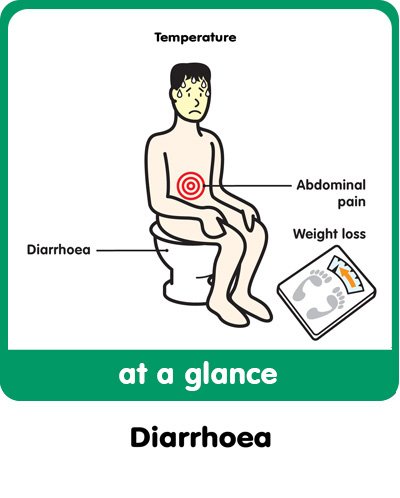
Persistent diarrhea is a symptom of bowel cancer. According to the “BMC Medicine” article, more than 1 in 5 people with colon cancer will experience diarrhea.
Nausea and Vomiting

If you are experiencing persistent nausea and vomiting for no apparent reason, then this may be a symptom of colon cancer. It is possible to experience these with or without other abdominal symptoms.
So if you suspect that something is wrong, go to see your doctor, as early detection is a key to the best possible outcome.

Ana Maria De La Cruz is a Content Marketing Specialist. Find her on http://www.outreachbee.com


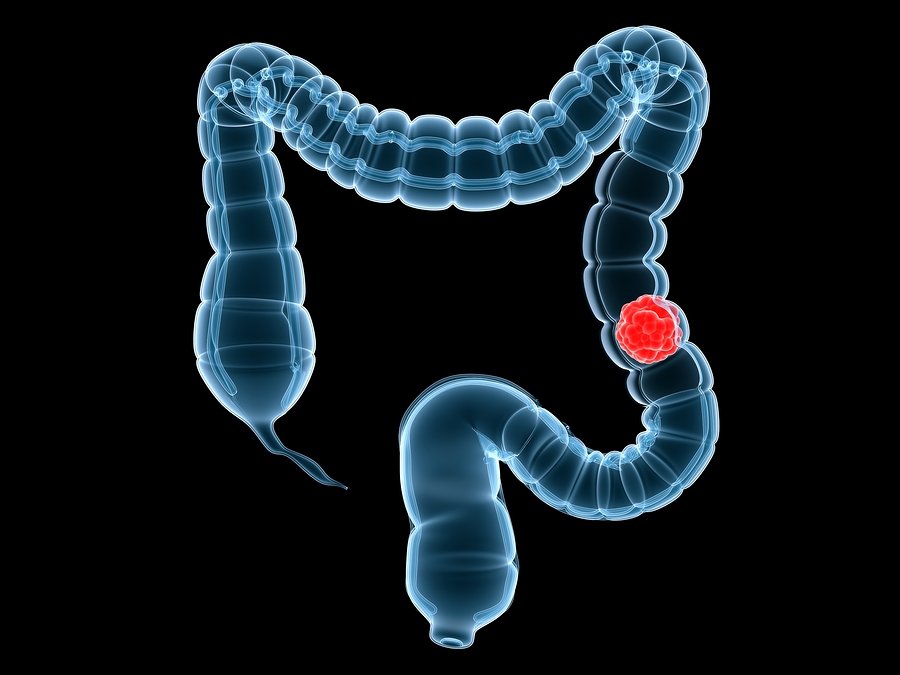
4 Comments
97Harley
I must say you have high quality posts here. Your page can go viral.
KingMcclure
I see your website needs some fresh content. Writing manually is time consuming, but there is solution for this hard task.
DianeWarburt
I see your blog needs some fresh content. Writing manually is time consuming, but there is solution for this hard task.